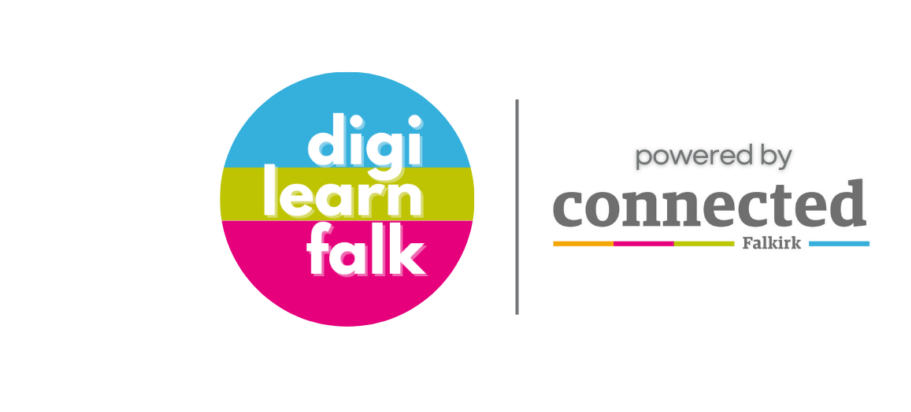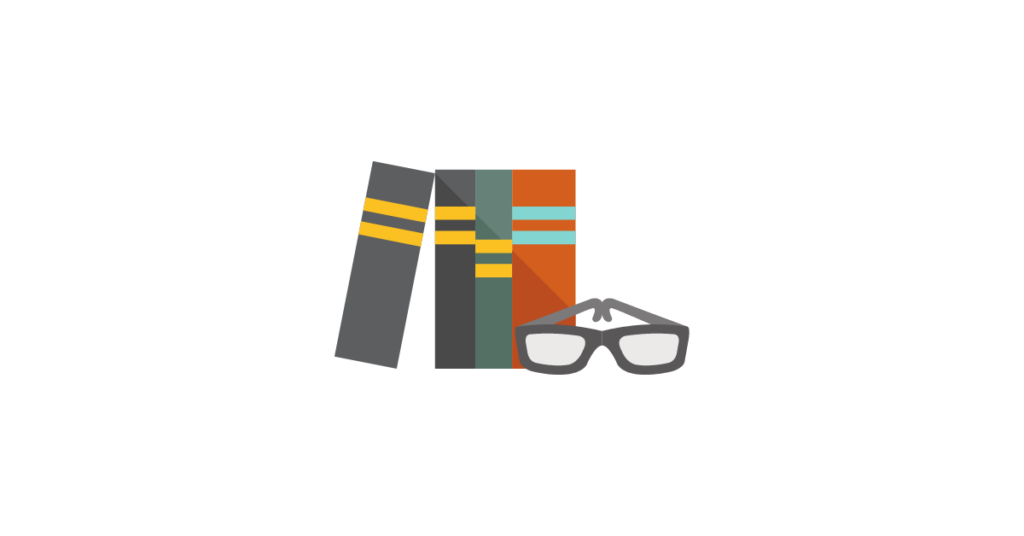What’s a Wiki?
Probably the best known Wiki is Wikipedia, ranked in the top ten of all websites, attracting hundreds of millions of visitors a month to the reference articles by tens of thousands of contributors. And, in a nutshell, that’s an illustration of what sets a wiki apart from other websites, blogs and online spaces – a wiki provides the facility for creation and editing of an online space by multiple users, with a transparent trail of edits for all who visit, making changes (and who made them) visible to all, and providing the facility to set alerts to changes made on the wiki so that anyone can be notified of changes as soon as they are made.
Why Use a Wiki in the Classroom?
Anywhere you might wish to have a collaborative online space for an educational purpose then a wiki can provide the means to support this. Whether it is for an online space to share resources with learners, or somewhere the learners themselves can jointly pool their research findings, links to articles elsewhere online, or with attached documents, presentations, videos, images and more. Not only can the wiki content be modified, but so can the look, feel and structure be manipulated to meet the needs of the group of users. So it might be a piece of creative collaborative writing, or it might be a place to bring together several pieces of writing on the same topic by each pupil in a class.
You can decide with a wiki who is going to be able to see the wiki – perhaps just the individual pupil and teaching staff, or a group of pupils and their teacher, or a whole class or school. Or you can make the wiki public for all to view. And equally you can decide who you wish to be able to modify the wiki – just one person, a small group, a class, the whole school or the entire world!
Here’s just some ideas for using a wiki in the classroom:
- Outdoor learning or class trip observations, individually or jointly with others.
- Science experiment planning, the process and record of observations – you can add video, pictures and audio descriptions.
- Historical project – bringing together different pages perhaps by different learners on their chosen area of a local study, or a combined research topic on a historical theme.
- Creative writing – individuals can use the revision feature of the tool to demonstrate to their teacher and others how their writing has developed. Other learners can be invited to add comments to encourage and offer suggestions.
- A teacher can collate all resources on a single topic into one online space, bringing together documents in different formats, video, audio, images and links to related resources elsewhere.
- Set tasks for learners, and the wiki can also be the space for them to submit their work – the wiki can be set to only be viewable by those in the class, or each pupil can have a space private to them and their teacher, with only the teacher’s main wiki space able to be seen by only the whole class.
The Teacher’s Guide on the Use of Wikis in Education can be found on the Educational Technology and Mobile Learning blog – this provides many examples of the uses of wikis in a classroom setting and more advice on how wikis can be used in education.
Cybraryman’s Wikis page – a comprehensive page of links by Jerry Blumengarten to hosts of educational wikis, guides to making use of wikis in a classroom setting, advice, examples and much more – worth a visit to be inspired to use a wiki in your classroom.
What wiki-creation tools are there for classroom use?
Wikispaces provides a wiki platform for all users, and a specific wiki platform for educational use, called Wikispaces Classroom. It is described on their site as “A social writing platform for education. We make it incredibly easy to create a classroom workspace where you and your students can communicate and work on writing projects alone or in teams.“
Glow Wikis are available to all Glow users in Scotland, and Glow wikis are provided by Wikispaces, giving Glow users all of the functionality of a Wikispaces wiki (including Wikispaces Classroom which gives the option for additional classroom-specific tools) using their Glow username and password. Glow Wiki Help provides step by step guidance to getting started and how to develop a wiki in a classroom setting.
PBWorks Education Wikis – free wiki platform for use in education (with premium version available for additional features). Lets you create student accounts without an email address, provides automated notifications of chnages to your wiki, easy to edit, gives you the option to grant access to those within or outwith your school, and of course to share pages, documents and any other content on your wiki – and it all works via mobile devices.
Blog Post Credit: Malcolm Wilson


